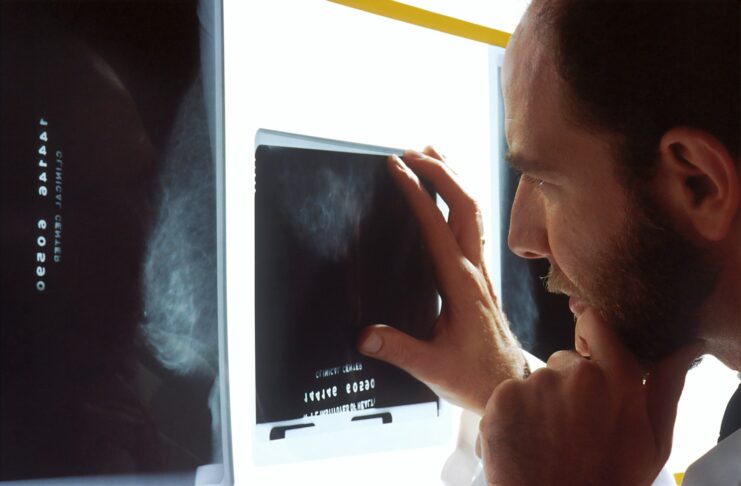More than two thirds of businesses worldwide are investing in preventative healthcare to counter rising medical inflation as health becomes a central factor in career decisions, according to new research.
The findings come from Howden Employee Benefits’ Changing Face of Employee Health report, which provides a global analysis of medical trends drawing on data from insurers, employers and employees across key regions.
Sixty one per cent of employees say they are more likely to stay with an employer offering a strong healthcare package, while nearly half consider healthcare an important factor when moving roles. Only 7% say it is not important. Employers are responding by prioritising prevention and wellbeing, with 67% adopting this approach and 55% identifying it as the most effective strategy.
Investment varies across regions, with Europe at 74%, the UK at 72% and LATAM at 71%. Howden predicts that medical inflation will reach 7% in 2026 net of CPI, indicating overall inflation is likely to exceed 10%.
Growing Pressure On Employers to Support Workforce Health
Rising costs are prompting employers to restructure plans despite most believing their current benefits meet employee needs. Ninety three per cent of global employers say their healthcare plans are fit for purpose and 86% believe they are achieving good return on investment. However, 25% of employees do not agree that their employer supports their wellbeing, highlighting a clear perception gap.
Nearly a quarter of employers have already switched healthcare providers to improve value and 39% plan to do so. A further 26% say they would consider switching if a better option became available. Globally, 93% of employers expect medical costs to rise and 41% expect a significant rise. IMEA businesses anticipate increases of 58%, compared with 27% in Europe and 28% in the UK. Asia expects rises of 52%, LATAM 46% and the Pacific 36%.
The report indicates that rising medical inflation is accelerating changes to workplace health strategies. While employers believe they are offering robust support, many employees feel these benefits are not meeting their needs.
Glenn Thomas, UK CEO and Global Practice Leader of Health & Employee Benefits at Howden, said, “The findings show how quickly the world is shifting, with AI, new treatments and rising costs reshaping the health and benefits landscape.
“Employers are feeling the pressure. If organisations don’t recognise their people as their greatest asset and address people risks directly, productivity and growth will suffer. A healthy workforce is now the engine of performance.”
Preventative Healthcare as a Strategic Priority
Thomas also noted the perception differences between employers and employees.
“What stands out in the data is the gap between what employers believe they’re delivering and what employees say they’re receiving. Healthcare benefits are becoming non-negotiable for talent, yet many workers still feel their needs aren’t being met. It’s no surprise that so many businesses are now looking at substantial changes.”
The research suggests that preventative healthcare is becoming central to workforce planning as employers seek strategies that are sustainable and cost-effective. As global medical costs continue to rise, organisations are under increasing pressure to design benefits that focus on early intervention, employee wellbeing and access to appropriate support.
Thomas added, “Leaders can’t afford to wait. The pressures highlighted in this report show just how fast things are moving. Benefits must be both cost-effective and genuinely fit for their people.”


